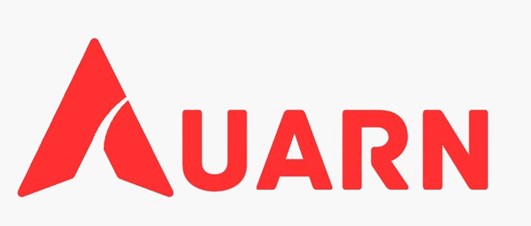Choosing the Right 401(k) Plan

Planning for retirement is a crucial step in securing your financial future. Among the various retirement savings options, 401(k) plans stand out due to their tax advantages and employer contributions. However, choosing between a Roth 401(k) and a Traditional 401(k) can be challenging. This guide will help you understand the key differences and benefits of each, so you can make an informed decision.
What is a 401(k)?
A 401(k) is a retirement savings account sponsored by your employer. It allows you to save and invest a portion of your paycheck before taxes are taken out (Traditional 401(k)) or after taxes (Roth 401(k)). These contributions grow tax-free until you withdraw them in retirement.
Traditional 401(k)
A Traditional 401(k) allows you to contribute pre-tax dollars, which reduces your taxable income for the year. This means you pay taxes on your contributions and earnings only when you withdraw the money in retirement. This can be beneficial if you expect to be in a lower tax bracket when you retire.
Key Benefits:
- Immediate Tax Savings: Contributions reduce your taxable income for the year.
- Tax-Deferred Growth: Investments grow tax-free until withdrawal.
- Employer Matching: Many employers offer matching contributions, boosting your savings.
Roth 401(k)
A Roth 401(k) is funded with after-tax dollars, meaning you pay taxes on your contributions upfront. However, withdrawals in retirement are tax-free, provided certain conditions are met. This can be advantageous if you expect to be in a higher tax bracket when you retire.
Key Benefits:
- Tax-Free Withdrawals: Contributions and earnings can be withdrawn tax-free in retirement.
- No Required Minimum Distributions (RMDs): Unlike Traditional 401(k)s, Roth 401(k)s are not subject to RMDs during the account holder's lifetime.
- Flexibility: Offers tax diversification in retirement.
Which One is Right for You?
Deciding between a Roth and Traditional 401(k) depends on your current financial situation and future expectations. Here are some factors to consider:
- Current Tax Bracket: If you're in a high tax bracket now and expect to be in a lower one in retirement, a Traditional 401(k) might be more beneficial.
- Future Tax Bracket: If you expect to be in a higher tax bracket in retirement, a Roth 401(k) could save you money in the long run.
- Tax Diversification: Having both types of accounts can provide flexibility and tax benefits in retirement.
Sulekha Finance and Tax Services
Both Roth and Traditional 401(k) plans offer unique advantages. Understanding the differences can help you choose the best option for your retirement goals. Whether you prefer the immediate tax benefits of a Traditional 401(k) or the future tax-free withdrawals of a Roth 401(k), the key is to start saving early and consistently.
Find the best tax professional in your city
Ready to take control of your financial future? Connect with expert finance and tax professionals through Sulekha Finance and Taxation Services. Our network of experienced advisors in the USA and Canada can help you navigate your retirement planning and ensure you make the best choices for your financial well-being. Visit Sulekha today and secure your path to a comfortable retirement!
Searching for Financial & Taxation Services? Let’s make your search simple with professionals!
Take your Financial & Taxation Services to the next level with Sulekha. Boost your online visibility, connect with more clients, and grow effortlessly!
Blogs Related to Financial & Taxation Services

Why Every Family Needs a Financial Professional Today
Money Is Confusing. A Financial Expert Makes It Simple. Between changing markets, tax rules, unpredictable expenses, and overwhelming investment choices, managing money has become more complex than ever. Even the smartest professionals often feel lo

Smart Money Starts Here: Meet Soujanya Vundavalli
Your Trusted Guide to a Confident Financial Future In a world where financial decisions feel overwhelming, confusing, and—let’s be honest—sometimes downright scary, finding a professional who brings clarity and calm is a gift. That’s exactly what S

The NRI Safety Net: Why Your Insurance is Your Biggest Tax Saver in the US & Canada
Building a Life Abroad Requires a Solid Foundation When you migrate from India, you're not just moving house; you're moving your entire financial world. You've worked tirelessly to build a successful career and a stable life for your family in the U

Stop Stressing Over Tax Season: Your Desi Guide to Seamless Accounting in the USA & Canada!
NRI Tax Jitters? You Are Not Alone!

How Can You Use Payroll Data to Improve HR Strategy?
How Can You Use Payroll Data to Improve HR Strategy? Payroll isn’t just about paying employees—it’s a goldmine of business intelligence. When analysed strategically, payroll data reveals patterns that can transform your HR strategy

Is Your Bookkeeping a Mess? Are You Missing Out on Growth Opportunities?
Is Your Bookkeeping a Mess? Are You Missing Out on Growth Opportunities?



